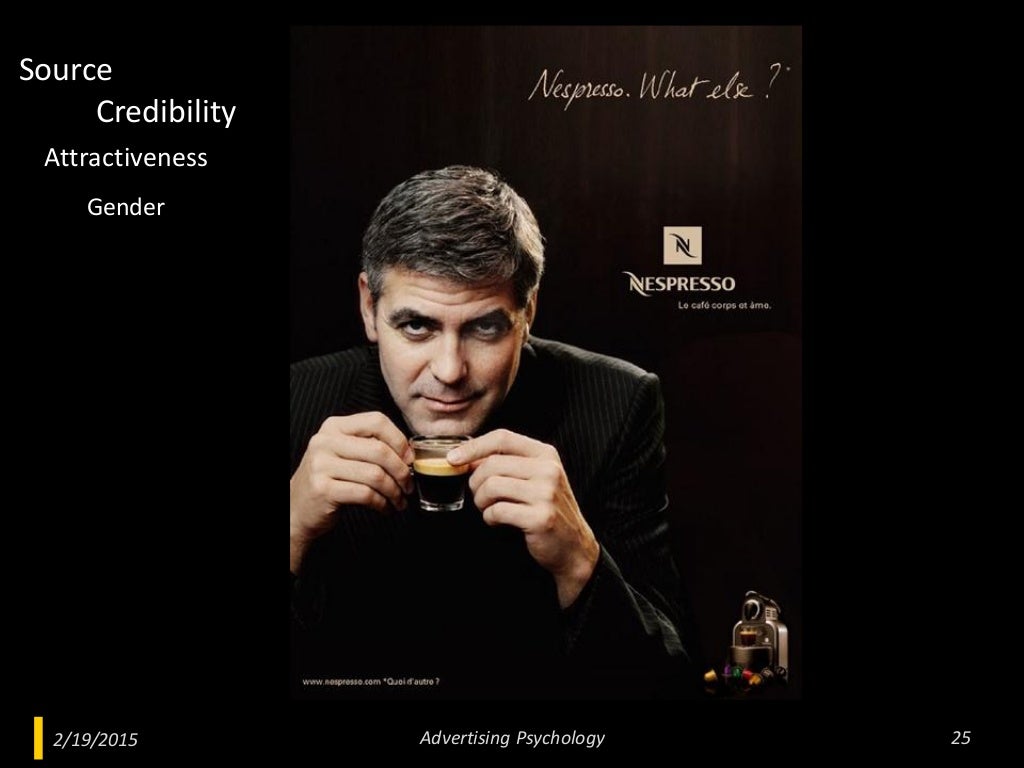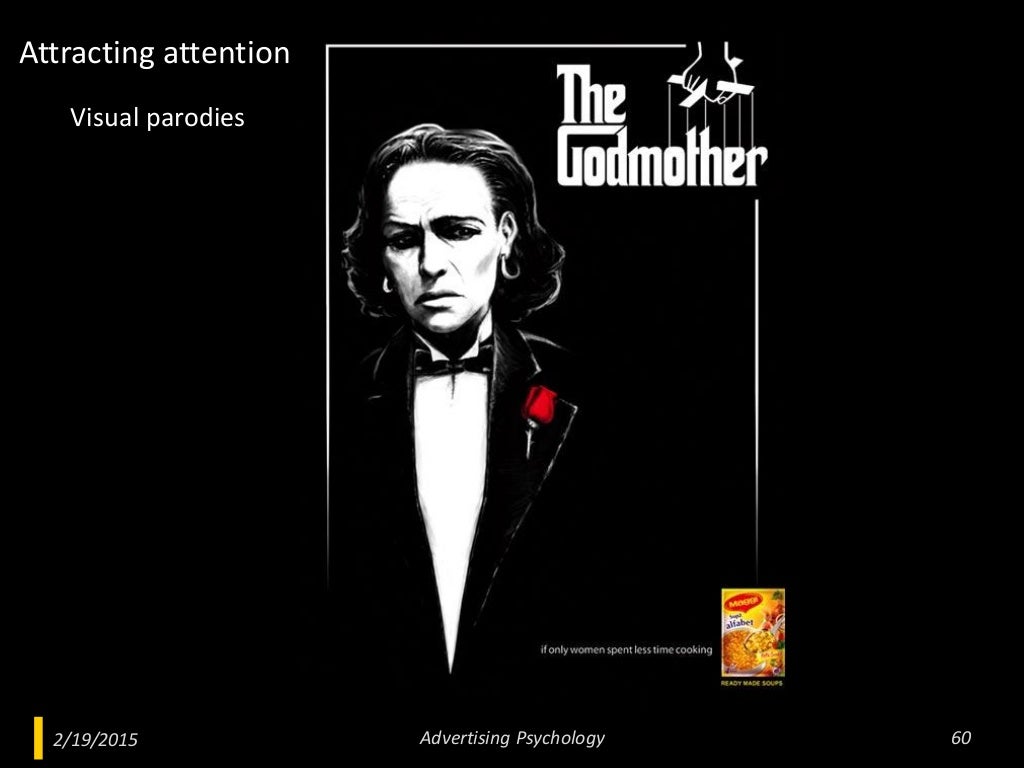The psychology of advertising is a fascinating topic that delves into the inner workings of how advertisements influence consumer behavior. By understanding the psychological techniques used in advertising, businesses can create more effective marketing strategies that resonate with their target audience. In this blog post, we will explore the various aspects of the psychology of advertising and how it impacts consumer decision-making.
When it comes to the psychology of advertising, one of the key aspects to consider is the ability to tap into consumers’ emotions and desires. Advertisements often evoke certain emotions in order to create a connection between the product or service being advertised and the consumer. Whether it’s a sense of happiness, excitement, or even fear, emotions play a powerful role in capturing attention and motivating action.
So, what is the target of the psychology of advertising? Ultimately, the goal is to influence consumer behavior and persuade individuals to purchase a particular product or service. By understanding the underlying motivations and desires of their target audience, advertisers can tailor their messaging and visuals to appeal to these specific needs. Whether it’s highlighting the product’s benefits, showcasing social proof, or creating a sense of urgency, the psychology of advertising aims to entice consumers and drive them towards making a purchase.
In summary, the psychology of advertising is a complex field that utilizes various psychological techniques to impact consumer behavior. By understanding the emotional and psychological triggers that drive individuals to make purchasing decisions, businesses can create more effective advertisements that resonate with their target audience. From evoking emotions to appealing to specific desires, the psychology of advertising plays a crucial role in the success of marketing campaigns.
The psychology of advertising and its target
In my personal experience, I have witnessed the power of the psychology of advertising in action. One particular advertisement that left a lasting impression on me was a skincare product commercial. The ad featured a well-known celebrity who shared her struggles with skin issues and how this particular product transformed her complexion.
This advertisement not only grabbed my attention but also resonated with my own desire for clear and healthy skin. The visual imagery, combined with the celebrity endorsement and personal story, created a strong emotional connection that made me consider purchasing the product. This is just one example of how the psychology of advertising can effectively influence consumer behavior.
When it comes to the psychology of advertising, brands often use various techniques to appeal to consumers. One common tactic is the use of social proof, where advertisements showcase testimonials or endorsements from satisfied customers. This creates a sense of trust and credibility, making consumers more likely to believe in the effectiveness of the product or service being advertised.
Additionally, scarcity and urgency are powerful psychological triggers that advertisers often leverage. Limited-time offers or messages that highlight the limited availability of a product can create a fear of missing out, encouraging consumers to make a purchase decision quickly. This is a technique commonly seen in flash sales or promotions during holiday seasons.
The psychology of advertising and building trust
Building trust is an essential aspect of the psychology of advertising. Consumers are more likely to engage with advertisements and make a purchase if they trust the brand and believe in the authenticity of the product or service being promoted.
An effective way to build trust is through the use of testimonials and reviews. Including testimonials from satisfied customers can help establish credibility and reassure potential buyers that the product or service delivers on its promises. Additionally, featuring well-known influencers or experts in the industry can also contribute to building trust and authority.
Another key element in building trust is transparency. Being transparent about the product or service, its ingredients or components, and any potential limitations or risks can help establish trust with consumers. This includes providing clear and accurate information in advertisements, avoiding misleading claims, and addressing any concerns or questions consumers may have.
The psychology of advertising and the power of storytelling
Storytelling is a powerful tool used in advertising to engage consumers and create an emotional connection. By telling a compelling story through advertisements, brands can capture attention and leave a lasting impression.
One effective way to incorporate storytelling in advertising is by using relatable characters or real-life scenarios that resonate with the target audience. This helps consumers connect with the brand on a deeper level and creates a sense of familiarity and empathy. By weaving a narrative that aligns with the values and aspirations of the target audience, brands can create a strong emotional bond.
Furthermore, storytelling can also be used to highlight the unique selling points of a product or service. By presenting a problem or challenge and showcasing how the advertised product or service can provide a solution, advertisers can appeal to consumer needs and desires.
Question and Answer
Q: How does the psychology of advertising impact consumer decision-making?
A: The psychology of advertising plays a significant role in influencing consumer decision-making by tapping into emotions, desires, and motivations. By understanding these psychological triggers, advertisers can create ads that resonate with consumers and drive them towards making a purchase.
Q: How does scarcity and urgency affect consumer behavior?
A: Scarcity and urgency create a fear of missing out, which can lead to impulsive buying behavior. Limited-time offers or messages that highlight the limited availability of a product create a sense of urgency and encourage consumers to take immediate action.
Q: How can building trust through advertising impact consumer perception?
A: Building trust through advertising helps establish credibility and reassures consumers that the product or service is reliable. This can positively impact consumer perception by instilling confidence and increasing the likelihood of making a purchase.
Q: What role does storytelling play in advertising?
A: Storytelling in advertising helps capture attention, create an emotional connection, and leave a lasting impression. By presenting a narrative that resonates with the target audience, brands can engage consumers and showcase the unique selling points of their products or services.
Conclusion of The psychology of advertising
The psychology of advertising is a powerful tool that businesses can use to influence consumer behavior and drive sales. By understanding the emotional and psychological triggers that impact decision-making, advertisers can create more effective and engaging campaigns. From building trust and establishing credibility to using storytelling techniques, the psychology of advertising plays a crucial role in capturing attention, connecting with consumers, and ultimately driving them towards making a purchase.
If you are looking for 2/19/2015 Advertising Psychology 25 Credibility you’ve visit to the right place. We have 5 Pics about 2/19/2015 Advertising Psychology 25 Credibility like The Psychology of Advertising | CIRCUIT 9 ® – Advertising Agency, The Psychology of Advertising (Paperback) – Walmart.com – Walmart.com and also The Psychology of Advertising (Paperback) – Walmart.com – Walmart.com. Here you go:
2/19/2015 Advertising Psychology 25 Credibility

www.slideshare.net
advertising psychology credibility ad source ads attractiveness use
How To Use Psychology In Advertising To Make People Buy

coschedule.com
psychology advertising advertisements use people buy make exposed consumer probably thinking average every number
The Psychology Of Advertising (Paperback) – Walmart.com – Walmart.com

www.walmart.com
2/19/2015 Advertising Psychology 60 Visual

www.slideshare.net
psychology advertising
The Psychology Of Advertising | CIRCUIT 9 ® – Advertising Agency

circuit9.in
How to use psychology in advertising to make people buy. Advertising psychology credibility ad source ads attractiveness use. The psychology of advertising (paperback)



